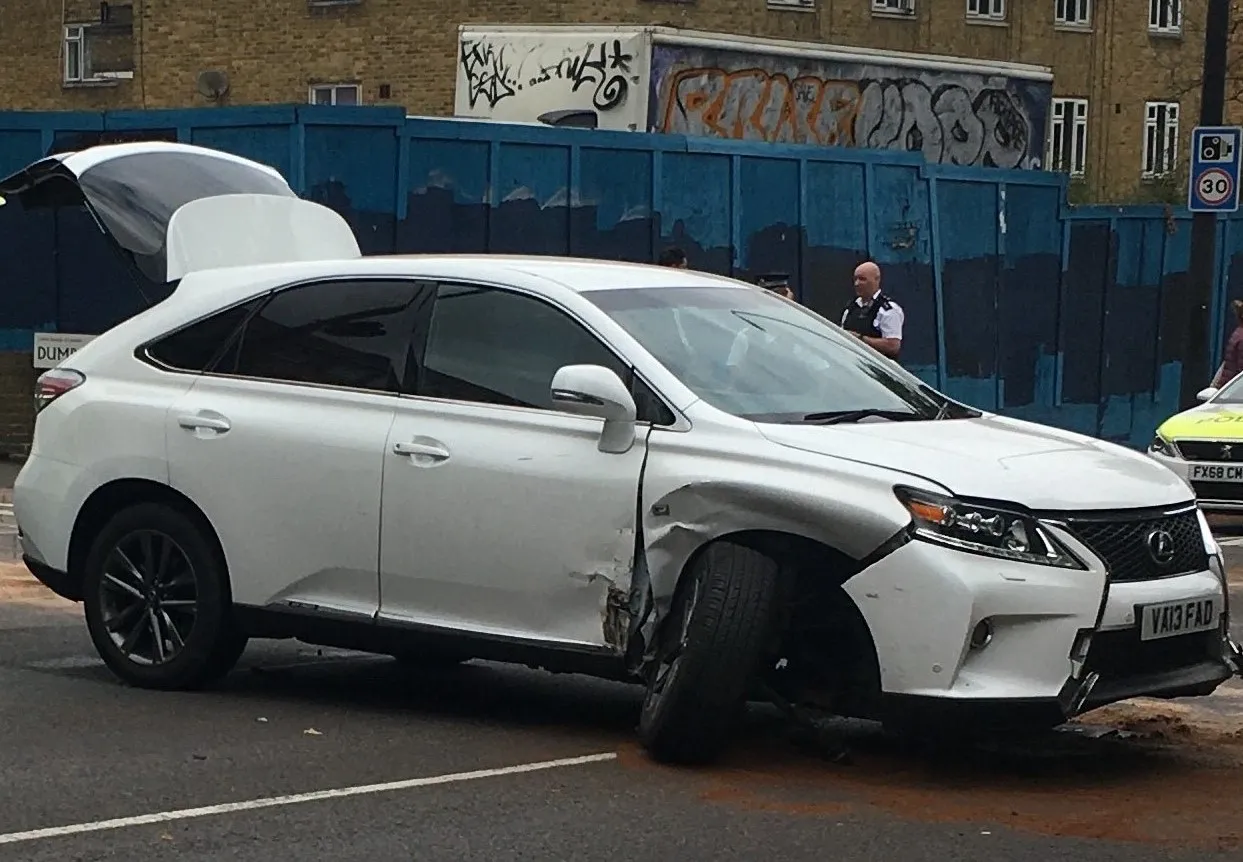Japan is planning to introduce new rules for elderly drivers.
The scheme is intended to boost safety for older drivers aged 75 or more. There has been concern that with an ageing population, there will be an increased risk from elderly drivers with inadequate skills. Drivers aged 75 or more will have to renew their driving licences should they become involved in a crash. They will also have to undertake tests to determine their cognitive abilities or whether they are suffering the onset of dementia. People failing the tests will lose their driving licence. At present drivers aged 75 or more are required to renew their licences every three years.
Statistically elderly drivers are not involved in a significantly large number of crashes.
The elderly tend to drive only comparatively short distances and are less likely to speed. Young novice drivers remain those most at risk of being involved in a crash.
However with average lifespans increasing, there are a growing number of older drivers using the road network in many developed countries, and Japan in particular.
Japan introducing new licence renewal rules for elderly drivers
Japan is planning to introduce new rules for elderly drivers. The scheme is intended to boost safety for older drivers aged 75 or more. There has been concern that with an ageing population, there will be an increased risk from elderly drivers with inadequate skills.
June 15, 2015
Read time: 1 min







